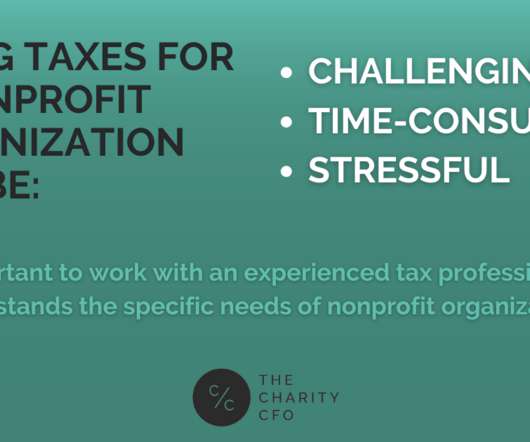How to Find the Best FP&A Candidates for Your Team
Spreadym
OCTOBER 3, 2023
Financial Planning and Analysis (FP&A) candidates are professionals who specialize in financial planning, budgeting, forecasting, and analysis within an organization. They play a critical role in helping companies make informed financial decisions and allocate resources effectively.














Let's personalize your content